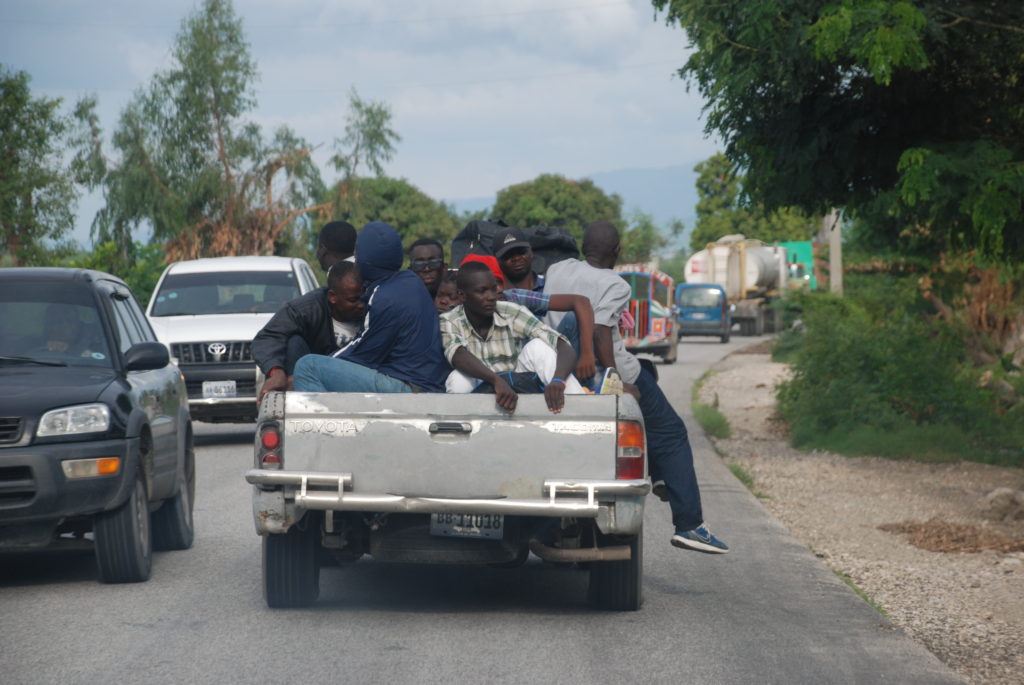The dangers of selective accountability

A dialing down of the ‘participation revolution’ may be in the offing amid persistent concerns about the perceived dangers of being accountable to people hit by humanitarian crises in places that are politically and socially fragile. That’s a lot of places.
In Ethiopia, anti-government protests and the imposition of a state of emergency make international NGOs working in regions far away from the unrest wary about gathering the views of refugees from South Sudan. In Jordan, the UN is uneasy about how the government might view asking Syrian refugees if their priority needs are met or whether they feel safe. In the wake of hurricane Matthew in Haiti, a mixture of concern about how the Haitian government may react and lack of urgency among the broader aid community has stalled efforts to collect feedback from affected people in a country where the latest cyclone has layered new misery and frustration on old.
Lack of government buy-in to new norms of quality and accountability, like the Core Humanitarian Standard, is one reason for this trend. Another is donor and aid agency reluctance to push the accountability agenda in places where listening to affected people and acting on what they say are not established behaviors. The ambivalence has knock-on effects, undermining the role of local humanitarian service providers and civil society organizations in advancing participatory processes.
This matters in a humanitarian system facing growing demands with finite resources. Giving a greater say to affected people is not just ethically correct but holds the promise of better performance on the ground. There’s a danger we may forfeit these benefits by exaggerating the dangers of upsetting governments while questioning the likelihood of their making course corrections based on the feedback.
I am not suggesting listening to people is risk free or that feedback will automatically lead to action. Historically, messengers bearing bad news have not fared well. But Ground Truth Solution’s experience in many troubled places – from Mali and Lebanon to Syria and South Sudan – suggests that the risks associated with unwelcome feedback rarely materialize.
Active engagement is about more than soliciting views. It must include a systematic approach to communicating with respondent communities and ‘closing the loop’ so they know their views have been considered. Whether or not their feedback is acted on, this two-way communication helps address the dissatisfaction and alienation that may otherwise persist or get worse.
But why risk rocking the boat by soliciting potentially critical feedback that may raise hackles? The answer cannot be to decide when to be accountable – and when not – based possible sensitivities. In my experience, the results of engagement are almost always positive, and never actually negative.
Any approach to accountability must balance the risks of allowing people to speak their minds with the benefits of greater trust and better performance. Over determining the calculation is a recipe for inaction. If they want to remain in the vanguard of the participation revolution, donors and aid agencies must live up to their Grand Bargain commitment and make it happen. No excuses, no exceptions.
